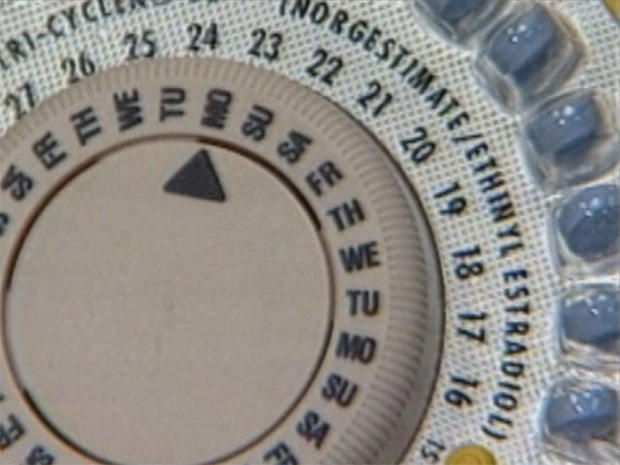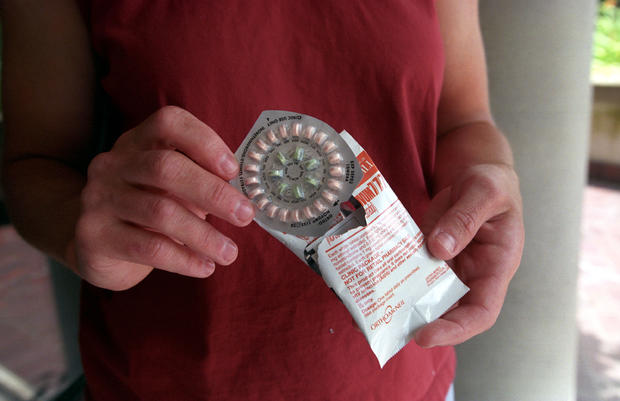The Birth Control Pill May Raise Your Risk Of Breast Cancer
DENVER (CBS4) - For years, doctors have been concerned about the effect of birth control pills on the development of breast cancer.
In the past, the amount of hormones in the pill was a lot higher than today, and that high dose was thought to be a definite risk factor for breast tumors. But with newer, lower-dose pills, the hope was that the risk would be erased.
A new study in the New England Journal of Medicine takes a look at the lower dose contraceptives, and finds some good, and not-so-good news.
The not-so-good is this: women who use the today's lower dose pills, and even other forms of hormone based contraceptives such as patches and implants, still have an increased risk of breast cancer compared to women who don't use them.
But here's the good news: the risk is really not all that much, and certainly much lower than the risk in decades past. In other words, please don't freak out over the headlines this study may generate.
Researchers followed more than 1.8 million women for an average of eight years. They found the risk of the development for breast cancer in hormone users was about 20 percent higher in all users. Now that may sound like a lot. But when you do the math, the numbers are much more reassuring.
The 20 percent works out to about one extra case of breast cancer for every 8,000 women.
For women under age 35, who make up the majority of pill users, the rate worked out to one extra case per every 50,000 women.
Certainly, even one case is important to the woman who is that one case. But when put in the perspective of "the big picture," the overall risk of using the pill is actually very low.
Plus, you need to consider the fact that the pill lowers the risk of ovarian, endometrial, and colon cancer---which may affect some of the overall pros and cons of the pill.
Here's the bottom line. Take a look at your personal and family history. Know also that the study found the risk stays higher for about 5 years after stopping the pill, so if you're age 40 or older, hormones may not be the best choice. On the other hand, maybe it still is your best choice, meaning the decision is an individual one, and should be discussed with your health care provider. Don't be afraid to ask questions.
Dr. Dave Hnida is CBS4's Medical Editor. He blogs about the latest studies and trends in the health world. Read his latest blog entries, check out his bio or follow him on Twitter @drdavehnida





